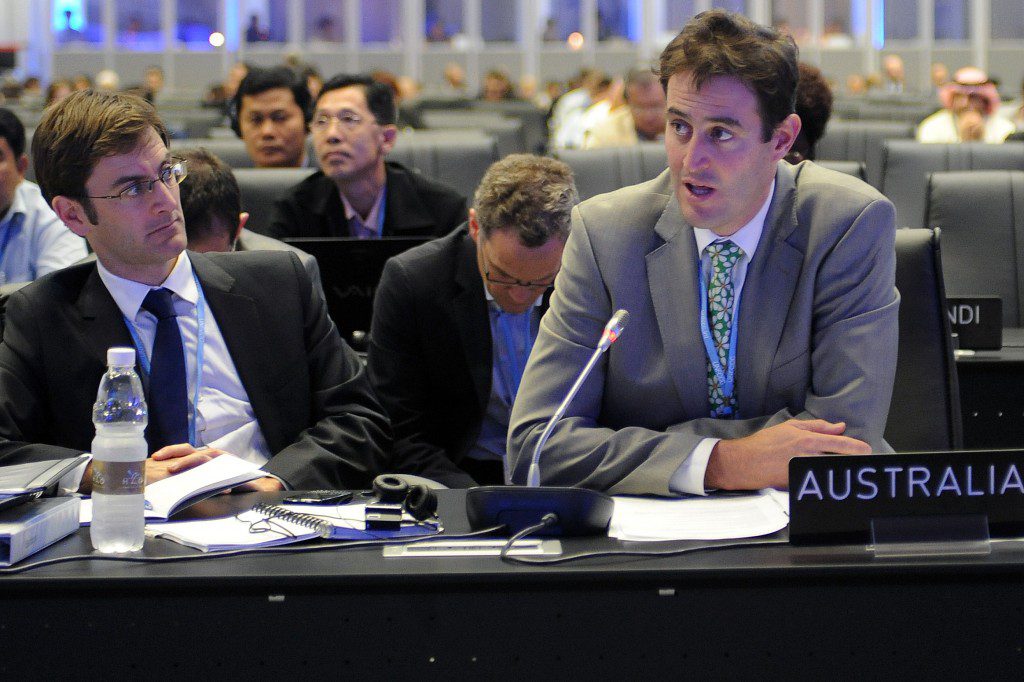Every UN climate conference has stories of powerful voices cutting through the noise and reminding delegates of the raw realities of what we are dealing with.
Maria Timon is a woman from Kiribati who has been speaking out for many years on the challenges facing her community. On Friday she spoke at a side event on climate change and human rights:
“The coconut trees are dying and breadfruit trees are dying. Our people are struggling to survive. But they sweat, they try harder, they work harder. They are very resilient and will even try harder to survive and stay in their home land.
“For some developed nations climate change is about the rising costs of electricity. Climate change for them is putting price on carbon emission, lack of jobs, life will become more expensive and it’s about the economy. For the people of Kiribati, climate change is about human rights, right to our land and losing our land, losing our culture, losing a sense of belonging and losing our identity.”
As ministers parachute in for the final days of the negotiations, the talks need to take a reality check. If progress can be made on climate finance, finalizing the second period of the Kyoto Protocol and raising the ambition of emissions cuts, we will have kept alive the goal of a fair, ambitious and binding agreement by 2015.
Decisions on climate finance will be pivotal. Unless developing countries are given the confidence that promised assistance will materialize, there is the risk of stalemate.



